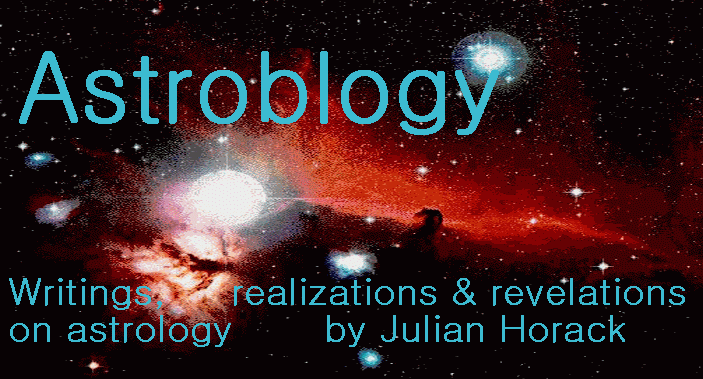From ancient times the sky has been divided up in groups of stars that were given names, relating to myths and legends. The most important of these are the 12 constellations situated in the zodiac. Possibly originating with the Chaldeans and Sumerians, the zodiac was adopted by the Greeks, Romans and Indians thousands of years ago and although in no way scientifically exact, the myths surrounding the archetypal images of the zodiac have become instilled in the collective unconscious of humanity ever since. Jung laid bare the connection between psychology, spirituality and mythical symbolism. Through comprehension of the archetypical world we can begin to understand the way the core impulses of the psyche manifest themselves through humanity. Personalities found in archetypes are shaped by the collective human transcendent experience. They have existed from the earliest record of human history. In his Collected Works, Jung says: “The collective unconscious appears to consist of mythological images… In fact, the whole of mythology could be taken as a sort of projection of the collective unconscious. We can see this clearly if we look at the heavenly constellations, whose originally chaotic forms were organized through the projection of images… These influences are unconscious introspective perceptions of the activity of the collective unconscious.” So does that mean astrology is something like dream interpretation? Maybe, and if it gives your life meaning then it has psychological value, just like religion for that matter.
With the story of the zodiac and the significance of the names of the various personalities found in the different constellations, we should be able to retrace the history of mankind. Nearly all the mythology of Greece and Rome may be traced in star groups. Nearly every religion in the world shows traces of astrological influences and nearly all the races of the earth grouped the stars into constellations and often saw figures that were often amazingly similar to others of distant cultures.
The problem with modern astrology, popularized by Linda Goodman in the seventies, is that most people are aware of only one aspect of the horoscope, namely the zodiac position of the Sun at their birth, and thus see astrology as a broad generalization too shallow to encompass the entire range of individual personality types that exist. A deeper investigation will reveal that the position of the Moon and all the planets also needs to be considered when interpreting the personality of an individual as based on their horoscope.

No comments:
Post a Comment